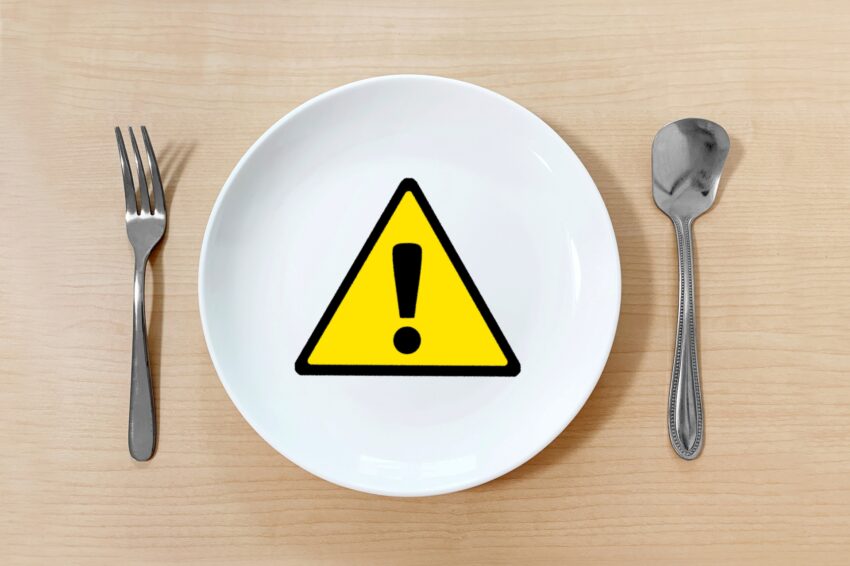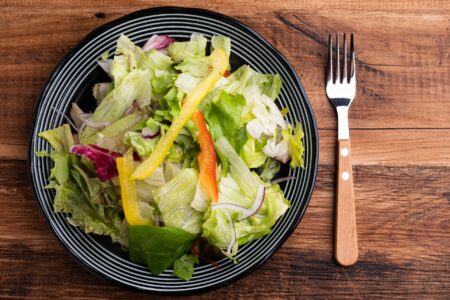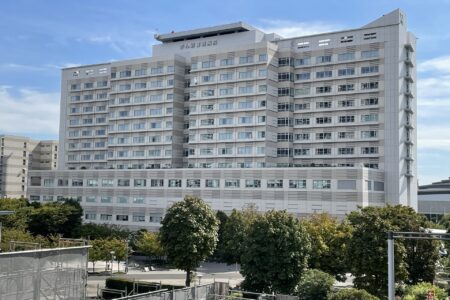Managing Food Poisoning in Japan

Top photo by Hadesさん on PhotoAC
Food poisoning, although an unfortunate event, can happen to anyone, even in countries known for their culinary delights. Japan with its rich and diverse cuisine is no exception. To protect your health and well-being while visiting Japan, it is important to know the necessary measures to prevent food poisoning. The purpose of this article is to share my experience as I give you a comprehensive guide to dealing with food poisoning while traveling in Japan.
Recognizing the symptoms
Symptoms of food poisoning can range from mild to severe. I personally experienced a rather severe one that could have been fatal if not for adequate measures taken. It is very important to recognize the signs early so that the necessary steps can be taken. Common symptoms include nausea, vomiting, abdominal cramps, diarrhea, fever, and fatigue. If you experience these symptoms after eating, suspect food poisoning and take immediate action.
Seek medical attention
The need to seek immediate medical attention in case of food poisoning can not be overemphasized. If you suspect food poisoning, it is recommended to consult a doctor immediately. In Japan, medical services are readily available and the healthcare system is very efficient. Visit a hospital, clinic or contact the emergency center (call 119). Report your symptoms and tell the medical staff about recent meals and allergies or pre-existing conditions.
This gets a little tricky for non Japanese language speakers because trying to explain the symptoms to the medical personnel who most likely speak only Japanese can be frustrating. As for my case, translation apps was adequate to inform my condition but not without delays and uneasy back and forth that would have been smoother if I could fluently speak Japanese language.
Helpful tips:
Stay hydrated
One of the main problems during food poisoning is dehydration caused by vomiting and diarrhea. Drink plenty of fluids, such as water, clear broths, and oral rehydration solutions, to prevent dehydration. Avoid alcohol, caffeine and carbonated drinks during this time, as they can make symptoms worse. I particularly made the mistake of taking coffee at the time and this didn’t help my recovery situation. As a matter of fact, it aggravated my condition.
Rest and recovery
Give your body enough time to rest and recover. Food poisoning can be physically exhausting, so prioritize rest and avoid strenuous activity. Follow your doctor’s instructions regarding any prescribed medications or dietary restrictions.
Keep a food diary
Before you get sick, it’s important to watch your diet. Note the names of restaurants, specific foods and ingredients, as this information can be crucial in reporting incidents or identifying potential sources of contamination if that’s the case.
Report the incident
Reporting the event to the appropriate authorities is essential to ensure public health and safety. In Japan, contact your local environmental health center or municipal office (Shiyakusho in Japanese) to report cases of food poisoning. Give them information about the suspected food, the time and place of consumption, and your symptoms.
Preventive measures:
Prevention is the key to avoiding food poisoning. Follow these guidelines when eating out in Japan:
- Choose reputable restaurants and businesses with good hygiene practices and high customer ratings.
- Make sure your food consumption is moderate and you don’t eat more than enough just because it taste good and you like it. Some of the ingredients used might not be suitable for excessive amount to be consumed.
- Be careful with raw or uncooked seafood, meat, eggs and unpasteurized dairy products.
- Wash your hands regularly with soap and water or use hand sanitizer before eating.
- Be careful when buying food from street vendors or at outdoor events, ensuring proper handling and storage of food.
Food poisoning can be an unfortunate occurrence when traveling in Japan. By recognizing the symptoms, seeking medical attention, staying hydrated and taking preventive measures, you can effectively treat food poisoning and minimize its impact on your trip. Remember to report incidents to the appropriate authorities to promote public health and safety. Stay informed and always put your well-being first.
Photo Credits
Top photo by Hadesさん on PhotoAC
All other content (text) created by the original author and © 2023 MUSUBI by Borderlink
RELATED
-

Being Healthy In Japan On A Budget
Top photo: kotestu427さん on PhotoAC In this article, I am going to be discussing the different ways in which yo… -

Gut Checking in Japan
Top Photo: 8-Low Ural on Unsplash Bacteria have a bad reputation and for good reason. The thought of eating a … -

Hospital Visits in Japan for Beginners
Top photo: ももも2190 on PhotoAC Imagine being sick for the first time in a different country, away from family a…
PEOPLE

Robert R.
From Nigeria
Now experiencing Japan!


